Naturheilzentrum Bottrop – guest commentary in the nabo blog: he who does not fight has already lost
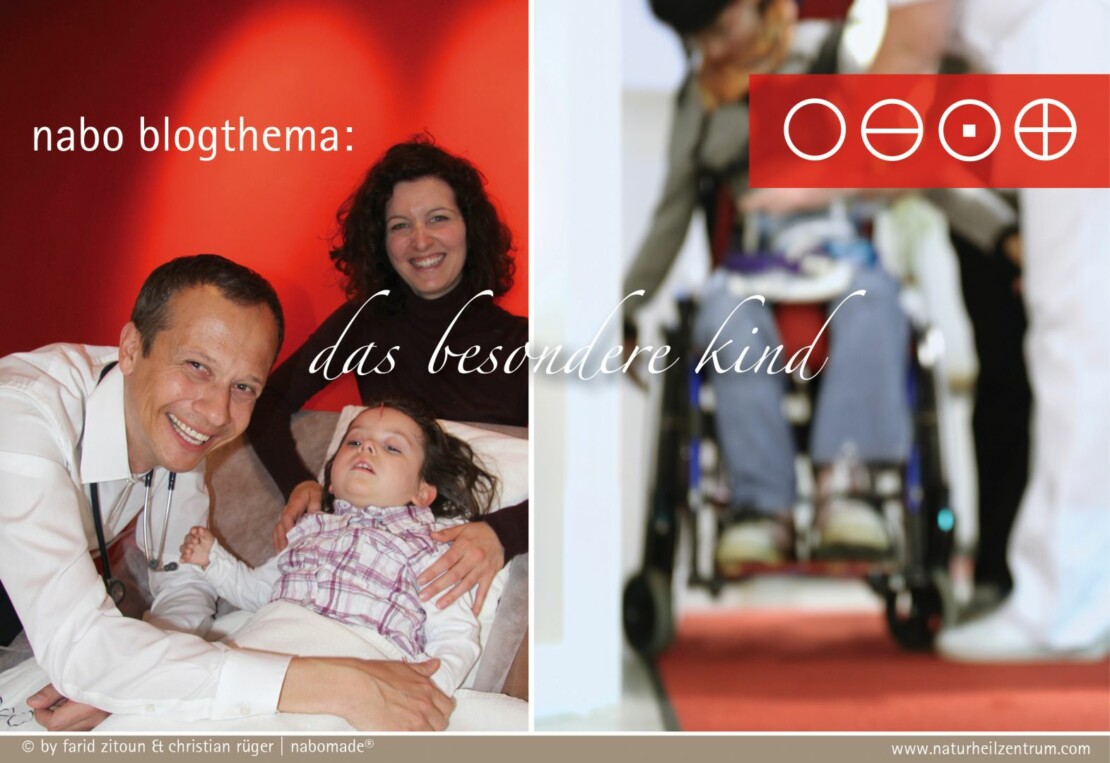
Diagnosis Krabbe disease: Christine Babic writes about life with her disabled daughter, Anna. About fears, joy and the hope connected with each small sign of progress
I remember that moment in the University Hospital very well. I was heavily pregnant. Our second child was due in a few weeks. But here it was all about Anna – our almost two-and-a-half-year-old daughter. The doctors in Heidelberg had turned Anna completely upside down; NMRI, blood examinations, all possible tests and checks. We now had to question everything which seemed to be okay in the first 14 months of her life. It looked as though Anna had regressed instead of venturing out into life.
People listened to our sorrows at the so-called Early Learning and Rehabilitation Center in Landau, Palatinate (Frühförderzentrum Landau, Pfalz), and we were sent to the University Hospital of Heidelberg (Uniklinik Heidelberg). Then came the diagnosis: Krabbe disease. It felt as if someone had pulled the rug out from under my feet. My enchanting daughter, this cheerful little Human being who had already taken her first steps, holding my hand, babbling “Mama and Papa” noisily across the apartment – this child was supposed to be incurably sick? Suffering from an extremely rare metabolic disorder? I think every mother and father can imagine what feelings such news can trigger inside yourself. I thought I was falling into a deep hole. Why my child? Why did it have to be Anna? A disease which is incurable and inherited recessively?
This diagnosis turned our life upside down from one moment to another. I was furious, furious with life, but especially furious with the doctors.
Incurable: there’s nothing we can do for your daughter
Medically, there’s nothing we can for your daughter; at least, that’s what they explained to us. In the course of the disease, Anna would go blind, deaf, she wouldn’t be able to sit, stand and eat on her own. And some day, she wouldn’t be around anymore. Her life expectancy would be two years at most according to the physicians’ estimates. What was this supposed to mean? Were we supposed to say goodbye to Anna right now already? And what was going to happen to Nico, our unborn child in my womb? Would my little son also be carrying this genetic mutation within him?
I have no idea how we survived the days and weeks to come. Somehow, we did. We got psychological help, read a lot about Anna’s disease and got important tips on how to handle her, as it was a tremendously difficult time for her as well. She was frustrated and moaning; everything she had been able to do and rejoiced in – moving, activity, language – was suddenly not there anymore. Create a fantasy world for her – that’s what they advised us to do, a world made of children’s songs and poems.
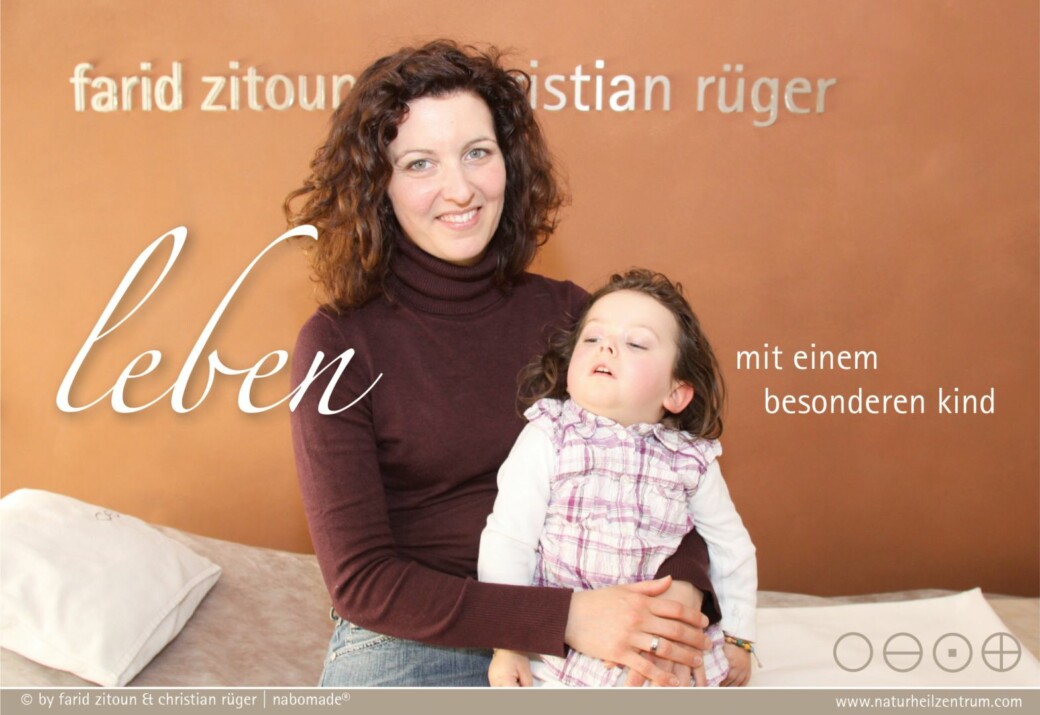
Anna loves music and stories about the Gruffalo
Even today we read a lot. The Gruffalo is one of Anna’s great favorites. And she loves music – including when it’s very loud. For example, in the church. She enjoys the full sound of the organ. I remember this initial time as a period of uncertainty and fear. I often wondered; can I get through this? With two kids whom I had no idea of whether they were healthy or not. Two children who need me, my full power and attention.
I made it – we made it. To our relief, just a couple of days after Nico’s birth, we received the welcome news that he was completely healthy.
Anna was a really proud sister; it was one of her best phases. And she made a little progress against all the doctors’ expectations. She encouraged us to not simply accept this diagnosis. On her second birthday, she got a very special present from friends. A voucher for an initial examination at Naturheilzentrum Bottrop. Friends of ours had learned about the facility for alternative medicine in the Ruhr area from a documentary, and made an appointment for us there at short notice. I was more than skeptical. Natural medicine, when even conventional medicine couldn’t give us any more hope? How could that be helpful? And where, for Heaven’s sake, were we supposed to go anyway? To Bottrop? I’d never heard of it. To be honest, at that time Bottrop seemed as though it was on the other side of the planet to me.
At nabo, Anna can recharge her batteries
The prospect of going there more than just once didn’t really inspire me at the time. I did it, though. For Anna. We left at five o’clock in the morning; my mother was with us, as were the two “gift-givers”. Bottrop wasn’t as bad as we thought it would be and, the arrival at nabo was great. For the first time I had the feeling that we were well received. There was someone here who listened and who wanted to help.
This help, though, looked very different from I thought it would be like. First, Anna was prescribed a dietary change; no meat, no dairy products, no flour. That wasn’t going to be easy, of course. Because for Anna there was nothing that could beat pasta, in all sorts and colors. On the way back to Landau, I eventually made a decision. We would try it this way. Without pasta and yogurt (Fruchtzwerge). Today, I can honestly say that this was the right decision. Anna responded superbly to the dietary change and she can now eat almost anything again – except for cow’s dairy products which boost Anna’s mucous congestion.
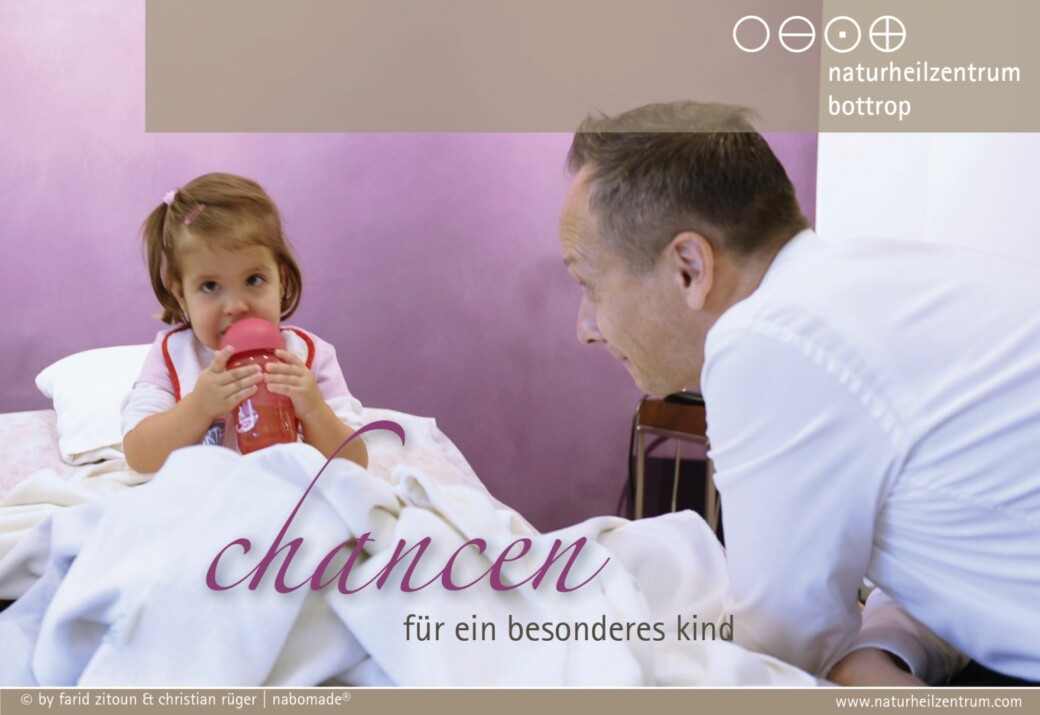
Our nights, but also our lives, are significantly more relaxed now
Things aren’t as bad anymore when I travel to Bottrop these days. Quite the opposite. You can sense when Anna’s batteries are slowly running flat. Then it’s time again. For almost six years now we’ve been looking forward to being allowed to come to Bottrop regularly. Special acupuncture, singing-bowls and aromatherapy, among other things, are part of our child’s treatment plan. Each time, I can sense how much Anna benefits from the treatment. From the very beginning she’s made a lot of small progressive steps. And after each therapy cycle, new progress is added. She is less congested, the existing mucus dissolves better. Our nights are significantly more relaxed just because she is more relaxed and a lot more cheerful afterwards. A lot of advances are also made in terms of agility, whenever we are in Bottrop.
At the beginning of the treatment, I had a dream: I was sure Anna would be able to walk again after two years and that she would be fine. I guess I needed time for myself, time to admit that my child was sick and we needed help. I didn’t want to recognize that for a long time. Other kids need diapers too, so why would I want the health insurance company to pay for Anna’s? What do we need a sick bed or a therapy buggy for? Why am I supposed to apply for a pass for severely disabled People for my daughter?
Today, I can accept this help
Today, I have moved on a bit. I can accept these offers of help. And I’m grateful that we don’t have to fight tough battles with the health insurer for all these things. I’ve heard a lot of bad things about this from other parents. All the energy which would have been expended here can be conserved for Anna. And we do need this strength. Because the daily routine is not always easy with her. We regularly have battles on our hands, especially during mealtimes. She can be very stubborn if she doesn’t want something. And fairly often she doesn’t.
Our special child – not only fate, but also an opportunity
We were often told at Anna’s school that things would be a lot easier with a feeding tube. It would be for the employees, anyway. But I don’t want Anna to lose even more skills. There are really exasperating days, I have to say, and there are nights we cannot sleep. But we have to get through this. And so does Anna.
I know that I demand a lot from my daughter. But it is also an opportunity. I have learned a lot through Anna. I have learned to trust my gut instinct. When making decisions, I always try to see: “what does my daughter want to tell me?” What is good for her? In the beginning, I worked with her using physical therapy techniques. Surely, that was the obvious thing to do. I’m a physical therapist, after all. But it didn’t do either of us much good. I wanted too much from her, was too ambitious. One day, the therapist at the nursery school approached me. “Try to be more of a mother”, she advised me. And that I should leave the therapy issues with her. A smart woman. It did our relationship a lot of good.
We haven’t been back to Heidelberg for a long while. Our pediatrician and the team of the rehabilitation center (Frühförderzentrum) support Anna in terms of conventional medicine and physical therapy.
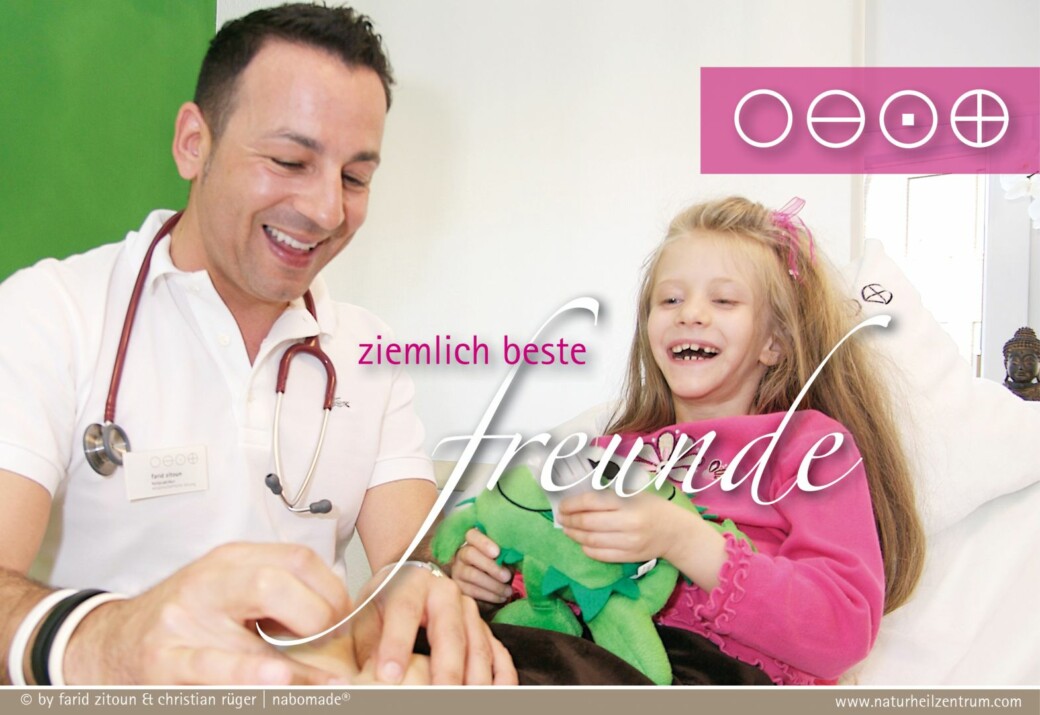
Pediatrician joins us on our journey – just be brave, for it really does you good!
The combination of conventional medicine and alternative treatment methods – just like at the Bottrop healthcare facility – is the right thing for Anna. This is not just gut instinct. Our child clearly indicates this, too. I would really like to have a life with two lively and healthy children, but I wouldn’t exchange them for anything. Through Anna, I have changed my attitude toward life. I’m significantly more relaxed about things which drive my patients crazy, for example. There are so many unimportant things. We deal with things which are totally irrelevant in the grand scheme of life. I ask myself why? Every day Anna shows me what really matters: not to be pressed into every rat race, but to seize the moment and to have hope.
We have made a start. Even though there are moments when I just could sit there and cry time and again, we will not stop fighting. Because he who does not fight has already lost the battle. And the fight is all worth it – for Anna and for our whole family.
I am grateful that I have my mother
I am grateful for the support we get. Especially from my mother who is always there, no matter what time it is, no matter what has to be done. It’s great that we all live under the same roof and that we can live together like this, as a family. If someone had suggested this 20 years ago, I’d have contemptuously declined. During my adolescence, my mother and I loathed each other. It was quite clear to me that as soon as I was 18, I’d be gone.
It’s good, though that I’m still around. That I (we) have my mother and can tackle things together, that there are many shoulders which can share the burden. That makes it a lot easier. Otherwise, it wouldn’t be possible for me to work in my practice two afternoons a week.
If I could make one wish, then it would be, of course, for Anna to make further progress in the future. The therapists at nabo (short for: Naturheilzentrum Bottrop), often say she has the potential. And I also see families who have been dealt a similar fate, when all of a sudden something positive happens. I’m always delighted when I hear such news. There is no envy; as a mother you simply rejoice in others’ happiness. But can you imagine how much I would like to pass on great news like that? So, Anna please keep on fighting.
Incidentally, I’d also wish for changes in our society. We definitely attract other People’s attention when we are out and about with Anna in her therapy buggy. Feel free to have a look, no problem, we are different. It would be nice, though, if someone asked once in a while, instead of just staring. Or if someone reacted like a woman at the swimming pool. She had been watching Anna and me for a long time. She didn’t address me, didn’t ask what was wrong with Anna. When she left she just stroked my arm. And that really did me good.
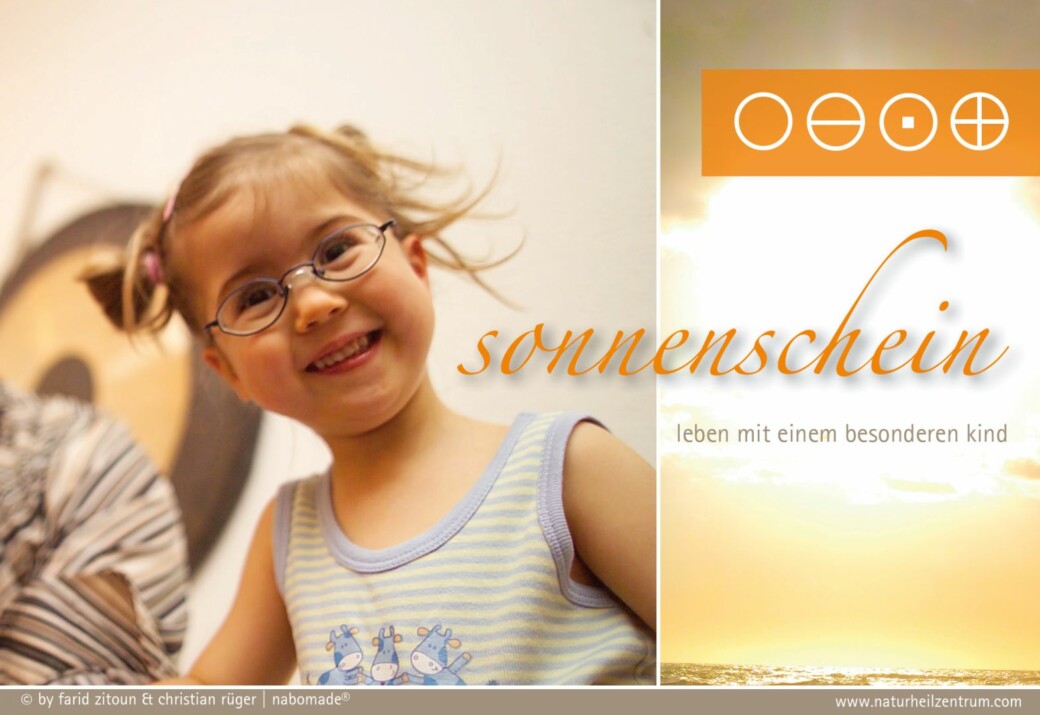
Don’t talk about Anna, but talk to her
It would be great if more People could react like that when someone is obviously “different”, don’t you think? Anna has a book and there is a lot in it about herself, what happened at school, what makes her happy and what bothers her. It is important for me to take part in my daughter’s life outside our home because unlike her little brother, she isn’t able to tell me about her day. There is one very important sentence in Anna’s book, one which concerns all of us: talk to me, not about me.
As the mother of a disabled child, I would be happy if we could handle this a little better in the future. Will you join us?
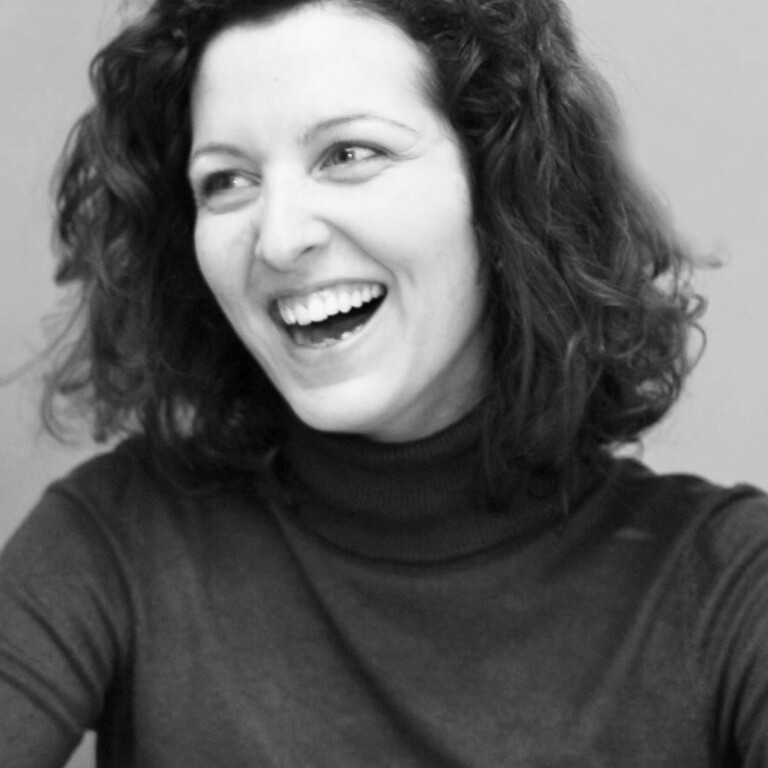
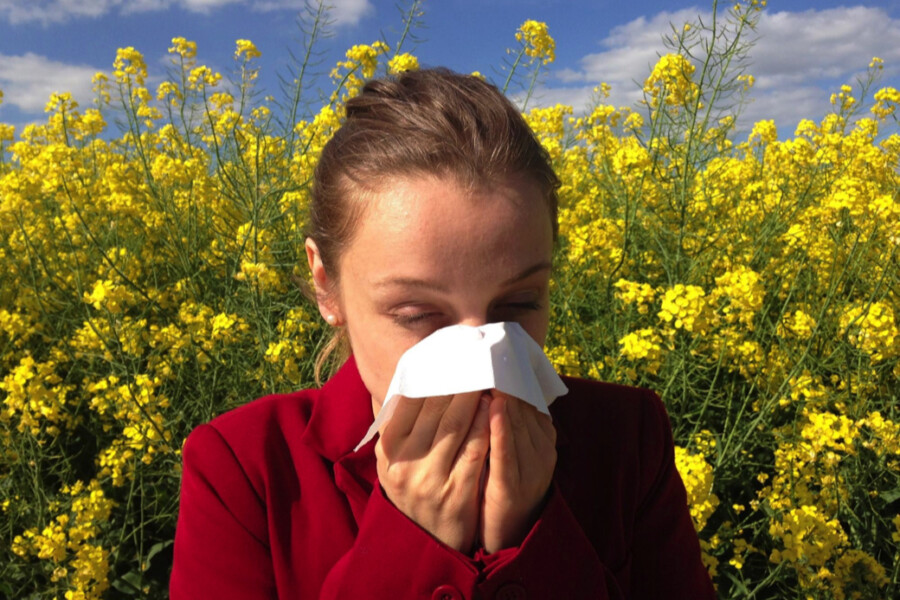
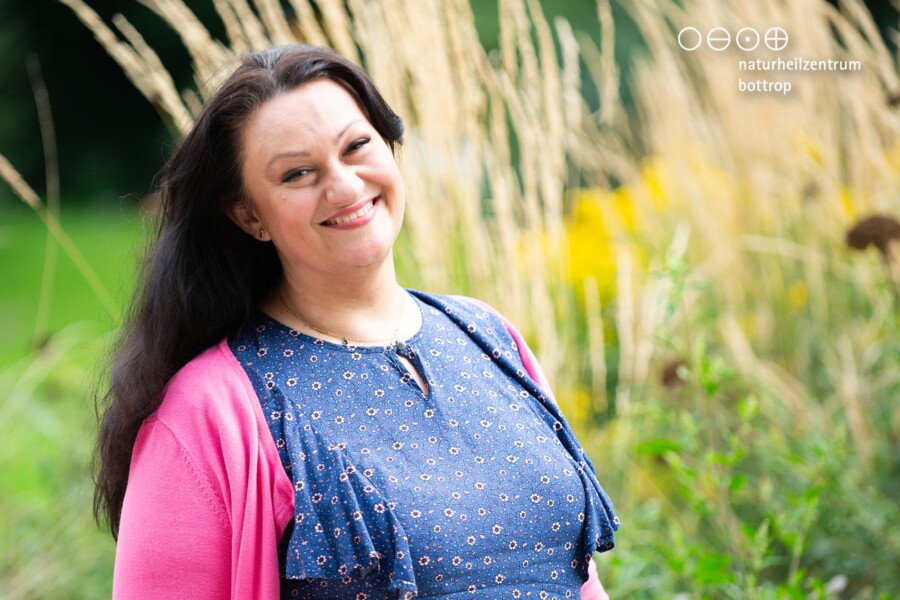
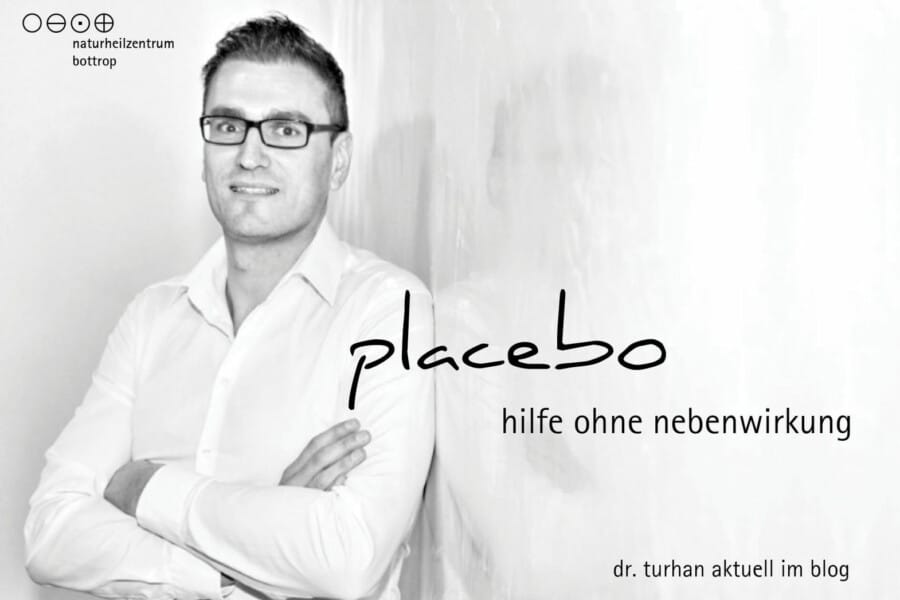
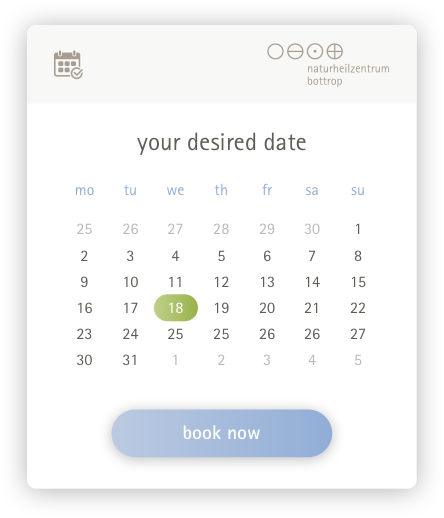


Netiquette for respectful communication
the nabo team invites you to exchange your experiences, contributions and opinions on the blog by using the comment function. this exchange should be free, open and friendly. please take care to write fairly and to stay on topic. even if you do not share the opinions expressed in others’ comments. the possibility to write comments on the blog posts is exclusively related to the topics treated within said posts. we would be glad to answer all of your specific questions related to therapies or descriptions of individual maladies or read your remarks about naturheilzentrum bottrop: simply come see us or call or write us Personally.